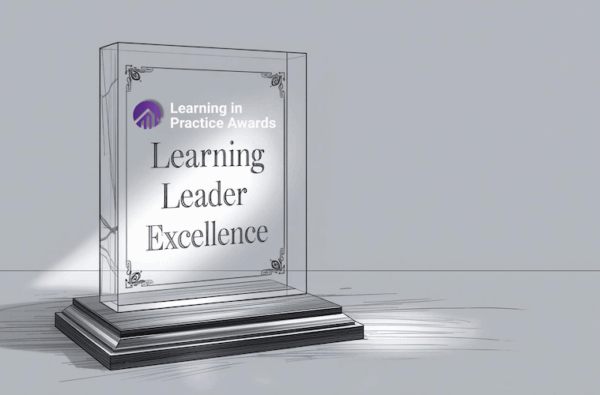When people ask me how I got into business journalism, I often tell this story.
As a second-quarter grad student at Northwestern University in 2010, I had to choose a journalism concentration: urban issues, health and science, or business and economics.
Having entered graduate school partly to avoid a bleak job market and an economy still throbbing from the financial crisis, my criterion was simple: Which one would best help me get a job?
During a presentation at the start of the quarter, the professor tasked with persuading us why we should join the business track used aninteresting tactic.
Instead of emphasizing that the job market for business journalists was healthier than others (though it did get a mention), the professor asked us to pick the major that appeared the most terrifying.
If you thought you would be a good health and science reporter because you love health and science, pick something else. Are you a political junkie? Avoid government reporting like the plague.
And if economics is like a foreign language to you that’s only spoken by bushy-haired, old professors in tweed suits, boom — there’s your major.
My experience with math at the time was limited to counting the number of pizza slices I ate the night before. I took a microeconomics class a few years prior, but I got a C.
I had found my calling.
Within days I was sitting at a desk in Northwestern’s newsroom anxiously calling Wall Street analysts who had neither the time nor patience to explain P/E ratios to an unwitting 23-year-old student.
I was way out of my comfort zone. With time, the discomfort became a fresh challenge. The reality of being thrown into the fire each day was petrifying, but slowly my knowledge of the subject matter increased — and so did my performance as a business journalist.
The same occurred when I started covering human resources three years ago for Human Capital Media, Talent Management’s parent company. I had to get uncomfortable to get comfortable.
Still, as I take over editing the magazine in January, a few things seem clear.
The HR industry is experiencing lots of discomfort and disruption, but many HR leaders are sticking with what makes them feel comfortable.
HR conferences are rife with talk of big data, social learning platforms and mobile recruiting. But then the conferences end, and most HR leaders return to their reality of legacy systems, classroom learning and dated applicant-tracking databases.
Meanwhile, many CEOs struggle to give HR its proper due as a valuable strategic driver. So here is my proposed mission for talent managers in 2015: Get uncomfortable.
Proactively find a subject area within your company’s business that scares you the most, and find the time to immerse yourself in it.
For late-career HR vets, just subscribing to a financial newspaper or magazine, or adjusting your bedtime reading list, is worthwhile.
Those still climbing the HR ladder might consider something more. As features in this magazine have shown, many have opted to leave HR for a period to accrue expertise in different business areas. Folks just starting their careers might even consider pursuing an MBA.
Talent Managementis also ready to get out of its comfort zone.
In January, the magazine isrelaunching with a new look. With rigorous business reporting and thought leadership still at its core, the magazine will add new features to enhance the reader experience.
Most notable will be new sections dedicated to off-the-cuff management practices and practitioner career advice. These will add a new dynamic to the in-depth case studies, features and Q&As you’re used to reading each month.
As editor, I know the refresh is poised to keep me on my toes. Here’s to sharing the discomfort challenge in 2015.
















